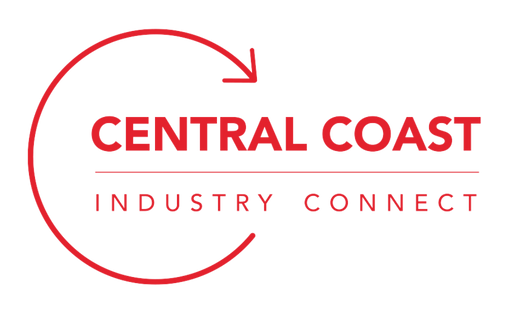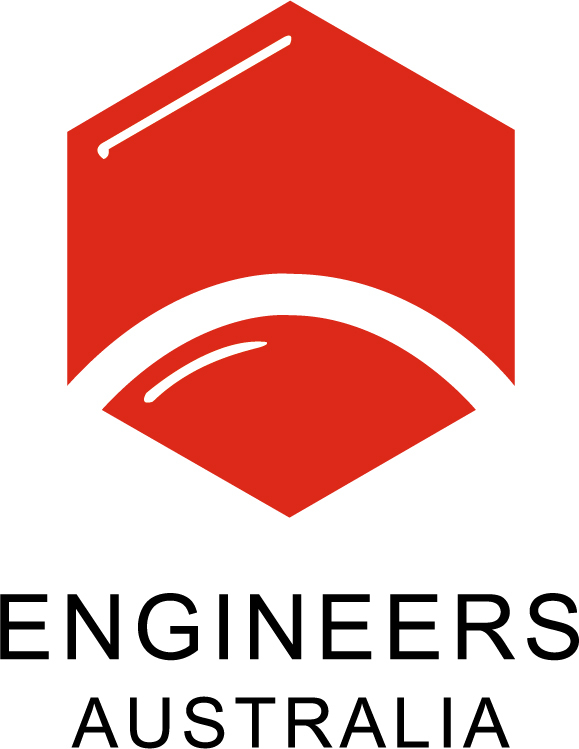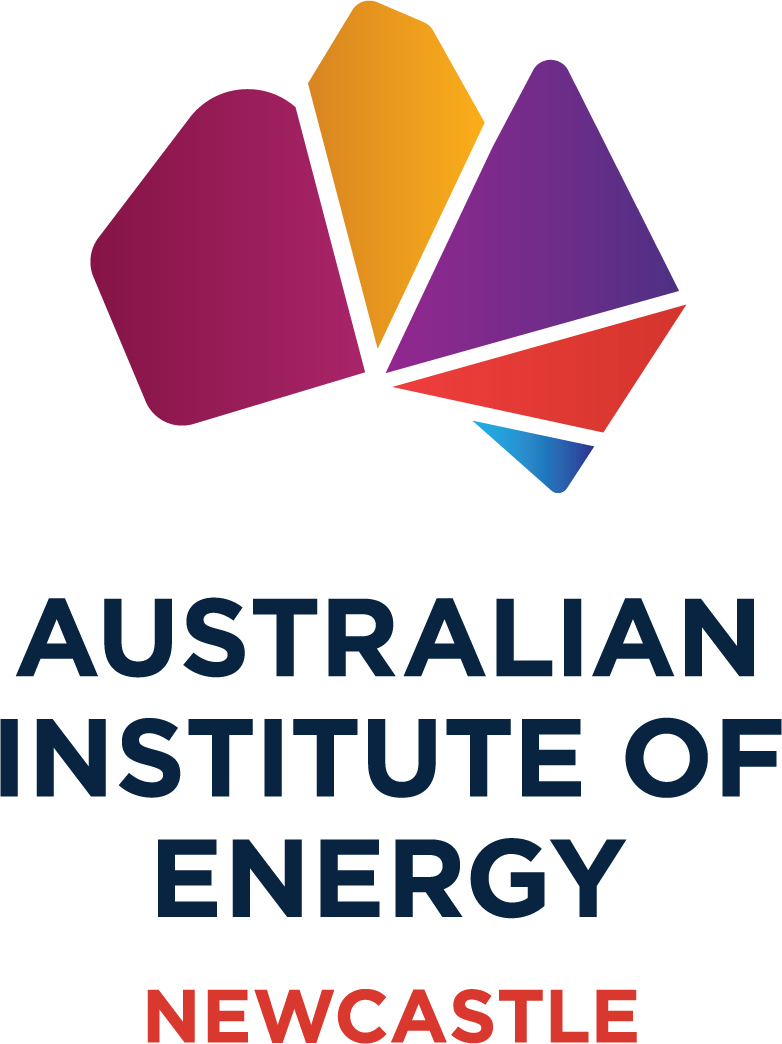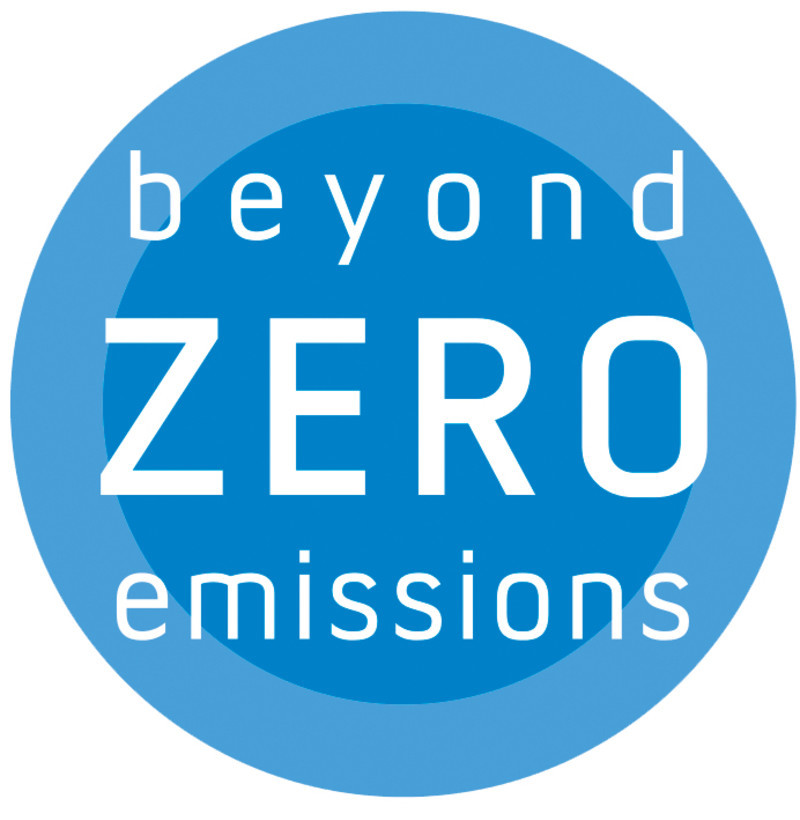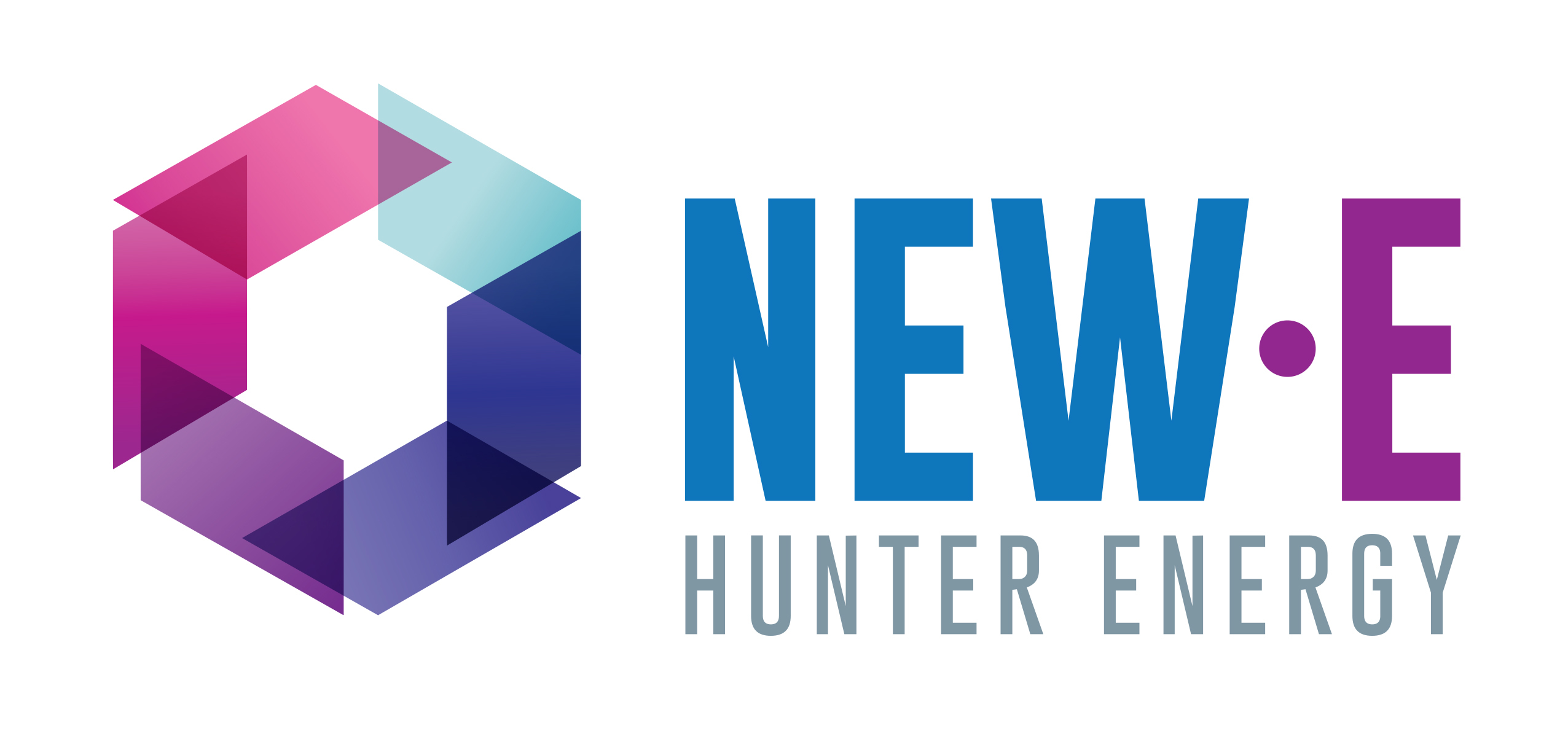Water management through learning from First Nation’s people
This Presentation will show case how WaterNSW’s reconciliation action plan followed by lessons learned from learning through Aboriginal Science and Western Science in the Baawan-Baaka (Barwon Darling River).
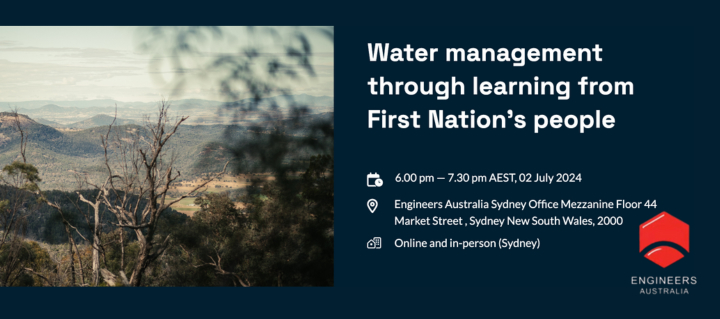
Overview
For many organisations, the fear of inadvertently engaging in culturally inappropriate ways can hinder progress, for fear of not wanting to unintentionally disrespect anyone. Through reconciliation we can acknowledge the very strong cultural and spiritual connection of First Nations communities to the lands, waters and rivers that we live and work upon.
Russell Hill from WaterNSW will explain the integrated a culturally appropriate framework through WaterNSW’s RAP and support its recommendations to move forward, at a whole of organisation level; embracing reconciliation in all that they do.
The RAP better supports meaningful and culturally appropriate partnerships and dialogue with Aboriginal communities by allowing us to build on our successes to date, learn from how we could do things better, and move forward together as one. Martin Mallen-Cooper will be talking about work out at Walgett, which was looking at removal of weirs, but merging learnings from First Nations elders with the work that they were undertaking.
Learning outcomes
- develop and implement strategies and policies that provide best practice for Aboriginal participation in employment and procurement
- identify and promote opportunities to include, partner, collaborate and resource First Nation communities in cultural water and water management and best practice.
This also includes an increased awareness of:
- Aboriginal Science and Engineering
- overlap of Western Science and Aboriginal Science
- the cultural lenses of western science
- impacts of water infrastructure on First Nations culture
- a First Nations vision of healthy rivers.
Event program
Webinar:
- Webinar starts at 6.00 pm AEST
- Webinar concludes at 7.30 pm AEST
In-person:
- Registration opens and networking 5.30 pm AEST
- Webinar starts at 6.00 pm AEST
- Q&A starts at 7.15 pm AEST
- Webinar concludes at 7.30 pm AEST







